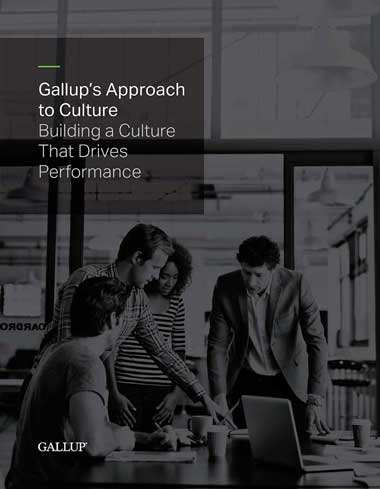Story Highlights
- Leaders are eager to see the returns after a merger or acquisition
- The transition hurts employees, whether they leave or stay
- It's important to consider the human side of M&A
Global and U.S. mergers and acquisitions reached a record high in the first half of 2018. And according to a Deloitte survey of business leaders and investors, this current rise in M&A activity is expected to continue.
There are a lot of reasons companies embark on an M&A: to enter new markets, develop new products, combine talent, increase innovation.
But every company has one common reason for an M&A: the expectation of returns, based on the assumption that the new whole will be worth more than the sum of its parts.
Regardless of the specifics of any particular deal, the focus is on a high return; and this means cutting costs and increasing revenue.
As anyone who has experienced the process can attest, there is incredible pressure within an organization to boost the return after an M&A deal has been struck.
The result, many times, is chaos.
It can be an extremely stressful, seemingly impossible task for those responsible for aligning different teams, cultures and values. It often feels like trying to change the tires on a car while you're driving it.
And, of course, there is the necessary step of eliminating redundancies.
Unfortunately, this is the point when much of the humanity and trust in an organizational culture go out the window.
Suddenly, everyone's job is in question.
Everyone is uncomfortable.
And no one is talking.
People become "cost centers." And often decisions are made by employee number, not name.
The time has come to have an honest conversation about this process from a human-to-human perspective.
Suddenly, everyone's job is in question. Everyone is uncomfortable. And no one is talking.
Yes, M&As are how companies grow. They offer important upselling and cross-selling opportunities. They're part of the adding value to an organization.
But we need to find a more humane way to do post-M&A integration.
Taking Emotions and Relationships Seriously
Doing M&A integration better is not only the right thing to do from an ethical perspective -- it also makes good business sense.
In today's hyper-connected world, what happens internally is talked about externally.
Bad employee experiences affect your reputation with remaining and future employees, as well as customers.
And those people who stay with your organization are often lost in the drama. They have seen how their friend's lives have been disrupted.
Yes, they still have a job, but they are hurting, too.
Engagement and performance are grounded in the workplace friendships, mutual trust within a team and honest communication.
Do we consider how to keep these hard-won aspects of our culture intact during intense internal change?
Is there a way to transition and maintain the values that attracted our best people to work for us in the first place?
The First Steps to Humanizing M&A
-
Stop denying the problem at the leadership level.
Simply put, leaders need to be challenged to do the right thing.
There is no pain-free way out, but respecting the dignity and humanity of everyone involved should be a part of defining change success.
-
Communicate -- even if it's bad news.
The bad news is almost always better than what employees are imagining. People need to be able to make plans for their lives -- don't delay in sharing news that will affect their future.
-
Find the best ways to support people as they go.
Try to retrain and redeploy existing employees. If they can't be redeployed, actively support them through their career transition.
-
Respect personal history and grow an alumni network.
People take pride in where they came from. They want to feel that they contributed meaningfully to something.
Help your employees tell their story after they've left. A strong alumni network can provide long-term benefits in referrals, customers and your employer brand.
-
Care about what former employees think.
Some leaders say, "We don't care what Glassdoor says." Yet according to Gallup, 58% of job seekers use online job sites to find new job opportunities.
Don't think of an exiting employee as a lost cause. Exits, even during layoffs, are part of the employee experience and can be a rich source of quantitative data and qualitative insights if we are willing to pay attention.
Employee exits, especially during M&A transitions, are emotional.
It is time that we face that reality, instead of ignoring it. Doing so can protect your brand reputation and improve morale for those who remain.
But most importantly, it's the right thing to do.
We can help you compassionately manage M&A transitions so your people feel valued and proud to work for you, even if they're leaving:
- Partner with us to build a human culture following a merger or acquisition.
- Download our perspective paper, Get the Most Out of Your Culture, to sustain a great culture during a time of change.
- Understand how your employees are feeling about the change by asking, with Workforce Analytics.



